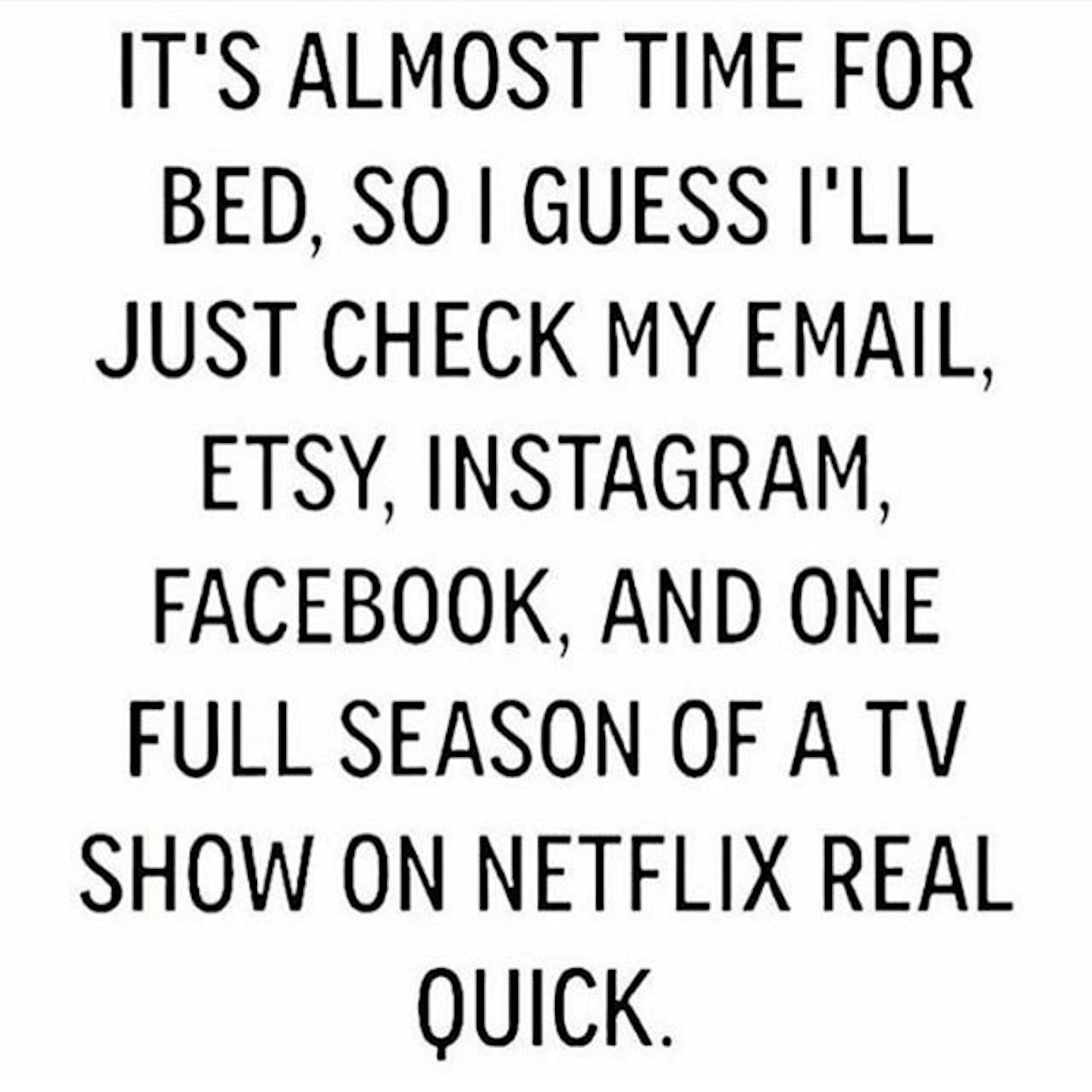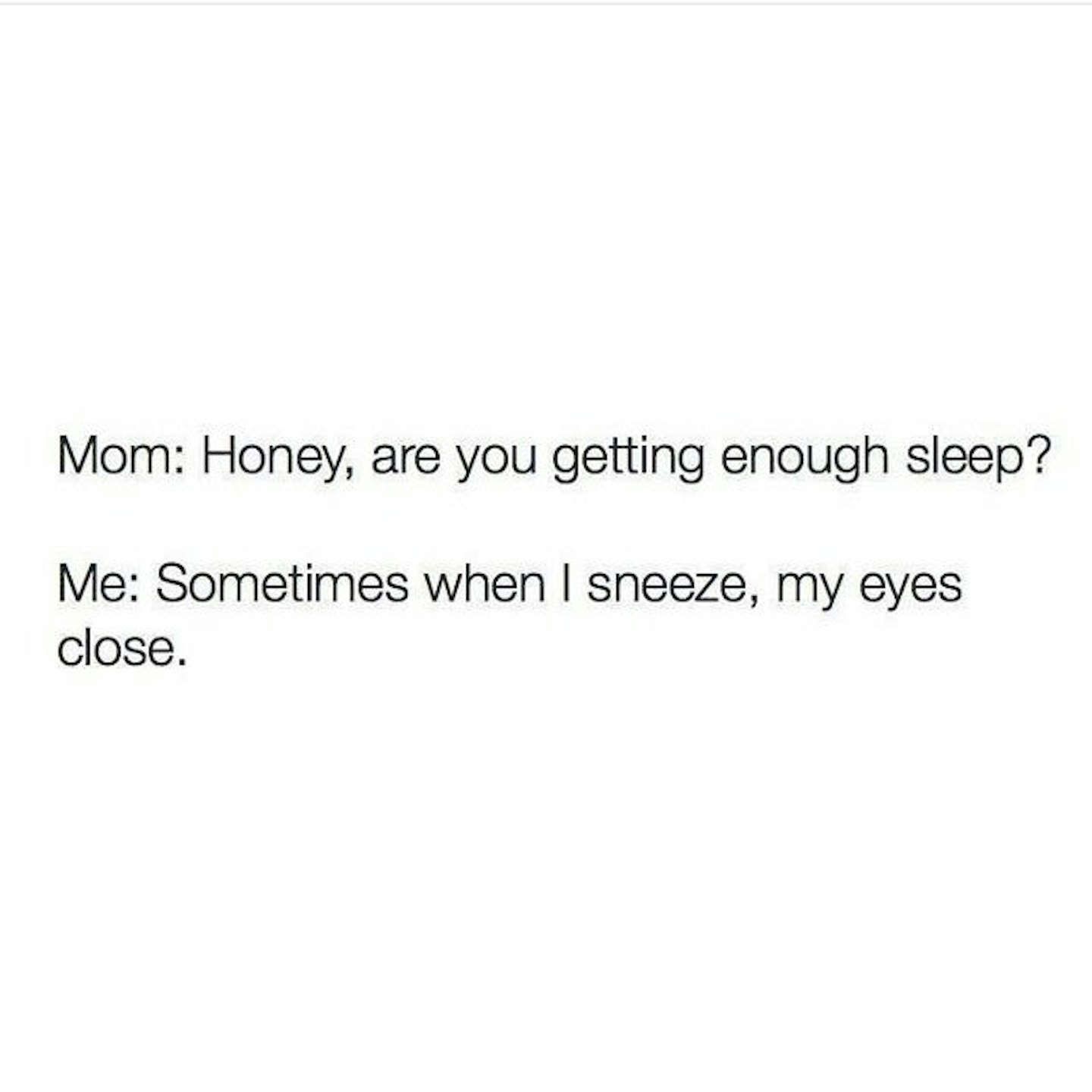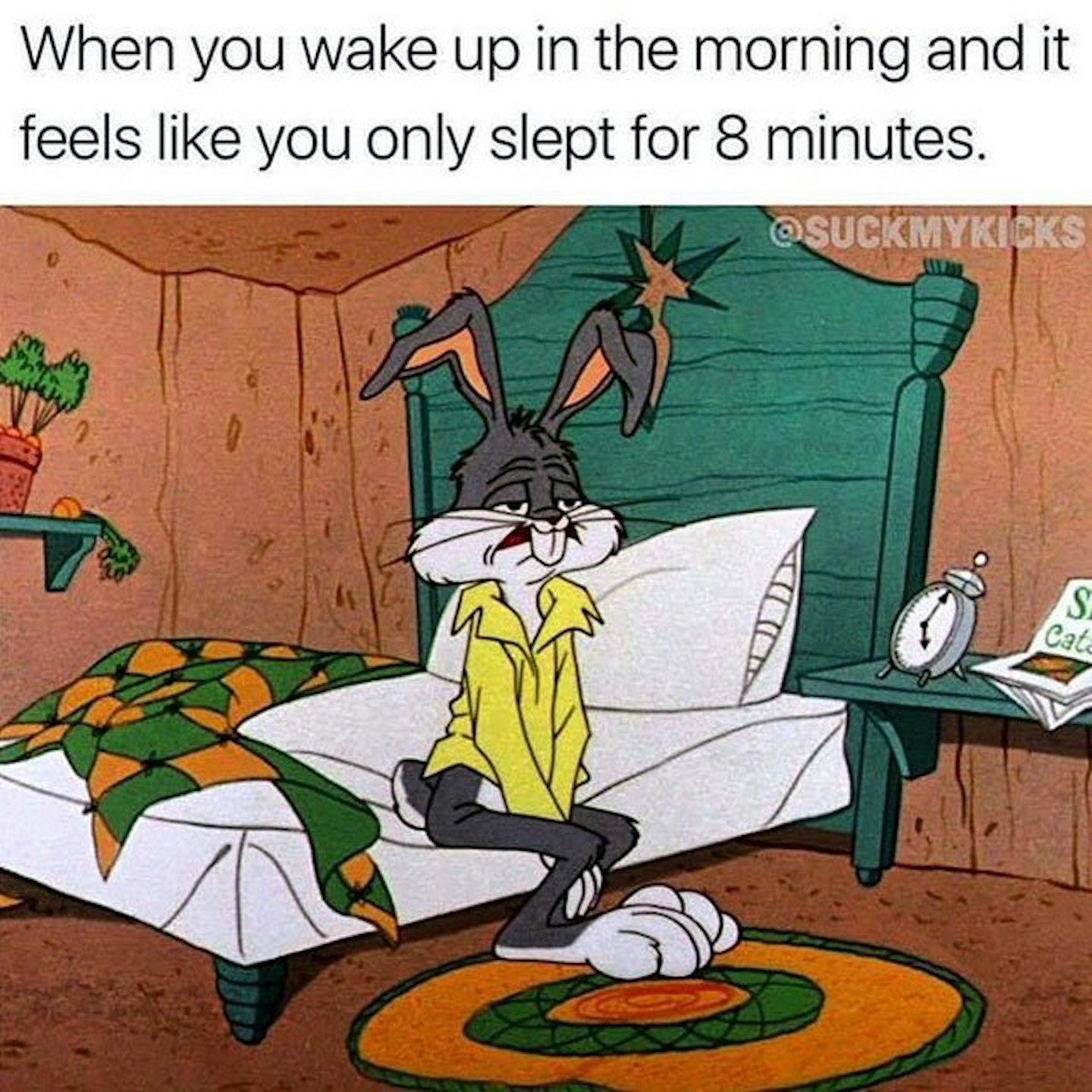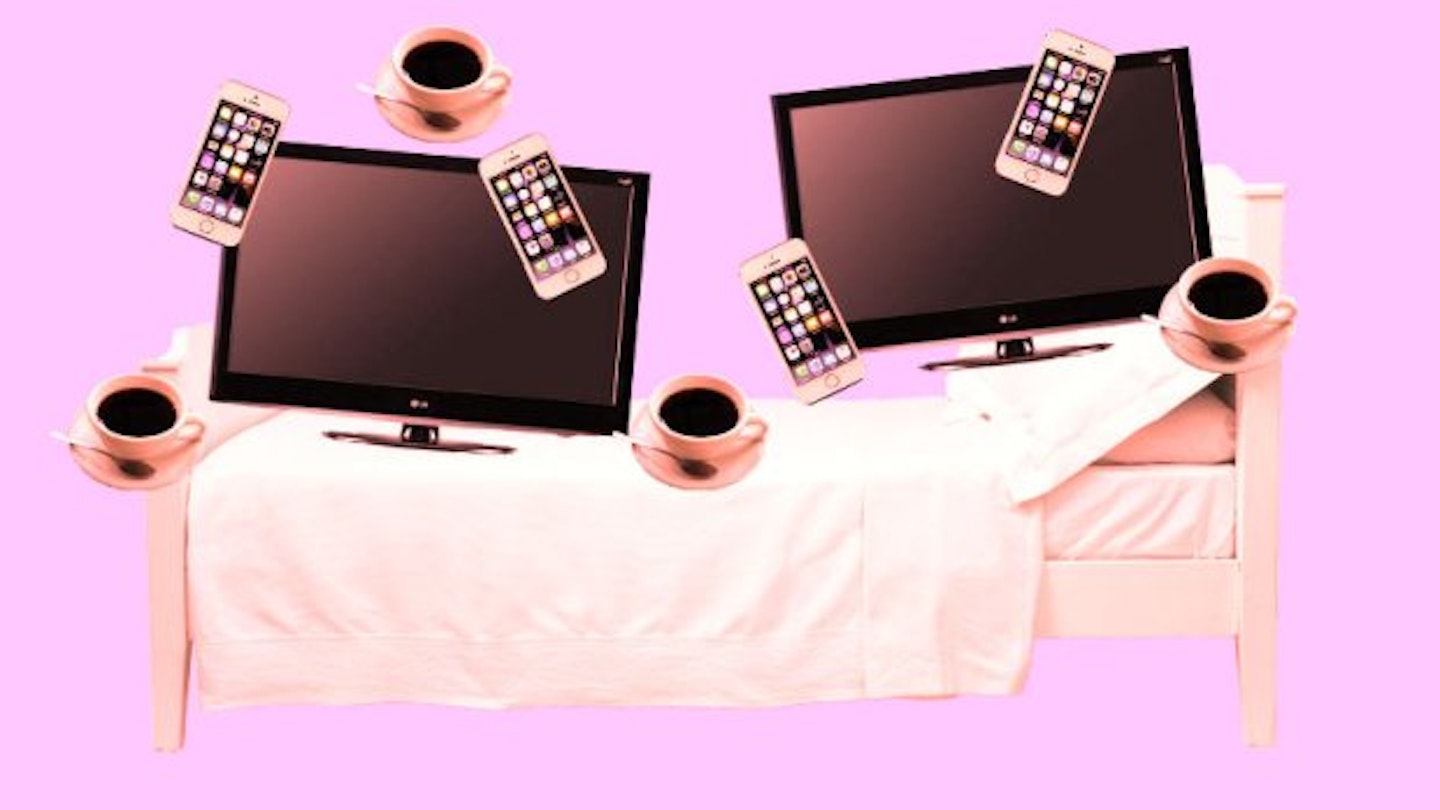I have an astonishingly shit relationship with sleep. You’ve heard of sleep, right? That thing we’re meant to do nightly in order to still feel like functional human beings the following day. That one.
If I’m lucky I’ll strut into the office with a solid five hours of kip to get me through, which I know isn’t ideal. But it’s a reality that I’ve become far too familiar with over the years and somehow I’m still (somewhat) operational.
The thing is though, I’m almost too aware that the way I deal with sleep is horrendous. And you’ve probably had the same thought run through your head as you lie in bed, wide awake on yet another occasion that counting sheep has failed you. If you were to Google how to get better sleep, you’ll be inundated with various solutions, some practical, some conflicting and some that don't make any sense. But you probably already know that because you Googled it last night.
We all know that there are solutions out there. Sure, it’ll take a while to work out what works for you, and whether it’s your messy bedroomor the fact that you sleep with both feet under the covers that is keeping you from waking up feeling refreshed. But at the same time, we are also repeatedly told about all the ways we're doing sleep wrong. That's a lot of pressure for something that, in reality, should be really bloody straight forward.

If I’m more honest with myself than I’d like to be, a big part of it really is my own fault. There’s a reluctance to get my ass into bed that extends way beyond the bounds of Friday night FOMO. I’m just as likely to be the idiot refusing to go home when the club turns the lights on as I am to be up watching reruns of Scandal knowing that I need to be at work in no less than six hours. I’ve told myself that I do it because my shitty relationship with sleep started long before my stubbornness to give it a go kicked in. And I already know that I’m not going to be able to sleep. Pills didn’t work, meditation made me antsy and anxiety tends not to agree with rest so, why bother?
I know I’m not helping the problem. Save for the opportunity to humble brag my exhaustion (which, for the record, isn’t brag worthy at all) I can’t say I’m any the wiser as to why I keep fighting the little sleep that I could be getting for the sake of not very much at all. We belong to a generation obsessed with the idea of sleeping, but we’ve complicated it so far that most of us aren’t actually getting any.
We have romanticised the concept of getting a good night’s sleep. We’ve fetishized it, over analysed it and much like any other problem that millennials aren’t actually too sure how to fix, we’ve turned it into a series of all to #relatable memes.

So, what sort of sleep fiend are you? Are you that annoying Instagram ‘friend’ who posts pictures of their hygge-fied sleep space they're about to snuggle into at 8.43pm? Or are you that serial Snapchatter who uses the digital clock filter on each and every one of your stories so your pals know precisely how late it was when you were lying in bed (with a full face of make-up on), oh so bothered by not being able to get to nod off?
Sleeping seems to have become as glamourous as it is to not get any, and that’s a problem. I suppose the bigger problem is that we can’t really be all that surprised by it because we should've seen it coming.
We’re bombarded with studies that tell us we’re not getting enough sleep, napping is good, no bad, for us and ‘clean-sleeping’is something that actually now exists. And, sorry Gwyneth, but I can’t be the only person who actively facepalms every time the I read the term ‘clean-sleeping’. Because if you turn it on its head, how can something as innate as sleep, SLEEP, become ‘dirty’? But now there's an equal level of accomplishment that comes with being able to moan about being tired as there is when you announce that you feel really rested. And nothing feels more Gen Y than that.
When the National Sleep Foundation revisited their recommendations of the amount sleep we really need back in 2015, they created a new age bracket. The new category was for young adults aged 18-25, which is rather telling. Their recommendation is for seven-nine hours of sleep per night, the same range as for adults aged 26-64. But it does signal that specialists have identified that the way the younger spectrum of millennials, in particular, are dealing (or not dealing) with sleep is an issue in itself.

There are a few things we can blame. We already know that our late-night digital procrastination isn’t exactly helping the whole sleep thing. Then there’s also the fact that we use our bedrooms for a whole lot more than just sleeping these days. So hell, let’s blame rent prices and teeny tiny flats without living rooms for our inability to sleep as well as we should be. And of course there’s the whole ‘we’re all glued to our phones and technology is running our lives and blue light keeps you awake so you’re destined to forever be a square eyed zombie’ argument.
I don't know about you, but for me lights out doesn’t actually mean lights out anymore. It means turn off the big one on the ceiling and then whack on the bedroom TV, open up your laptop and use your phone to text your other friends who you know will also still be in bed but not asleep, phone in hand, at 1:42am on a Thursday morning.

Like this? You might also be interested in…
Science Has Proved That Women Need A Good Night’s Sleep More Than Men Do
Follow Jazmin on Twitter @JazKopotsha
This article originally appeared on The Debrief.
